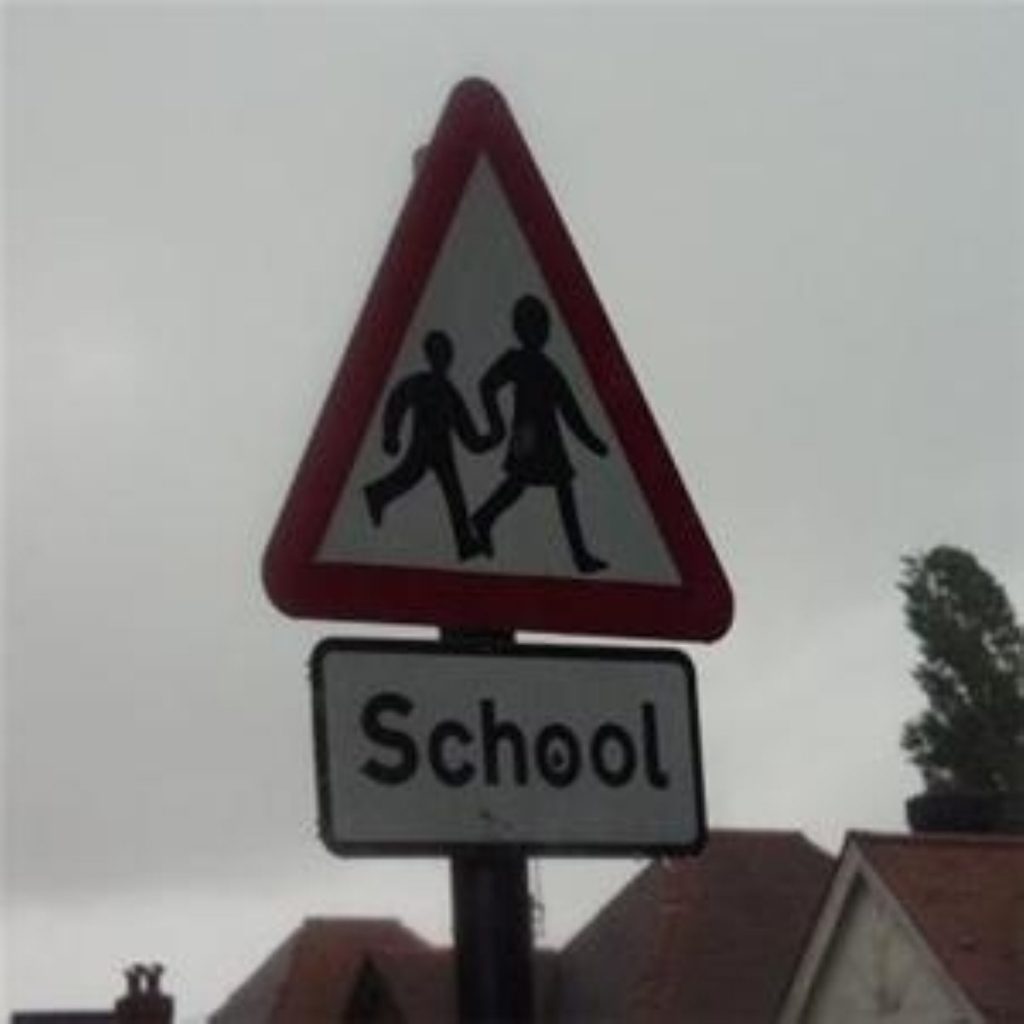Pivotal education policy abandoned
By Liz Stephens
The government will reverse one of the most significant education policies of the Blair era, ending centralised control of schools and granting teachers more powers, it was revealed today.
From 2011, schools will no longer have to implement national strategies in literacy and numeracy. Instead they will be encouraged to work together to find local solutions for improving their pupils’ English and maths skills.
The plans are part of wider reforms to be announced by schools secretary Ed Balls in a white paper next Tuesday.


The controversial move is a U-turn from New Labour policies of centralisation. It follows heavy criticism by the Commons education select committee, which concluded literacy and numeracy are too prescribed.
“At times schooling has appeared more of a franchise operation, dependent on a recipe handed down by government rather than the exercise of professional expertise by teachers”, it said.
Despite initial good results from the current programme, standards have barely improved over the last few years.
Under the new system, the government will also terminate its current multi-million pound contract with Capita to deliver the strategies. After 2011, schools will be able to employ consultants directly to advise them.
This could save the government up to £100m a year and forms part of an efficiency drive to reduce government bureaucracy.
Earlier this month, Mr Balls told a teaching conference: “I think the right thing for us to do now is to move away from what has historically been a rather central view of school improvement through national strategies to something which is essentially being commissioned not from the centre but by schools themselves.”
The Conservatives backed the plans last night.
Michael Gove, the shadow education secretary, said: “If Ed Balls is going to scrap the national strategies in their current form, we will support him. They cost a fortune and do not drive up standards. We want to give teachers more responsibility.”
The white paper will also overhaul school league tables by introducing New York-style report cards that will grade schools. The report cards will include information on pupil behaviour, truancy levels, sporting achievements and schools success in teaching children from disadvantaged backgrounds, on top of exam results.









